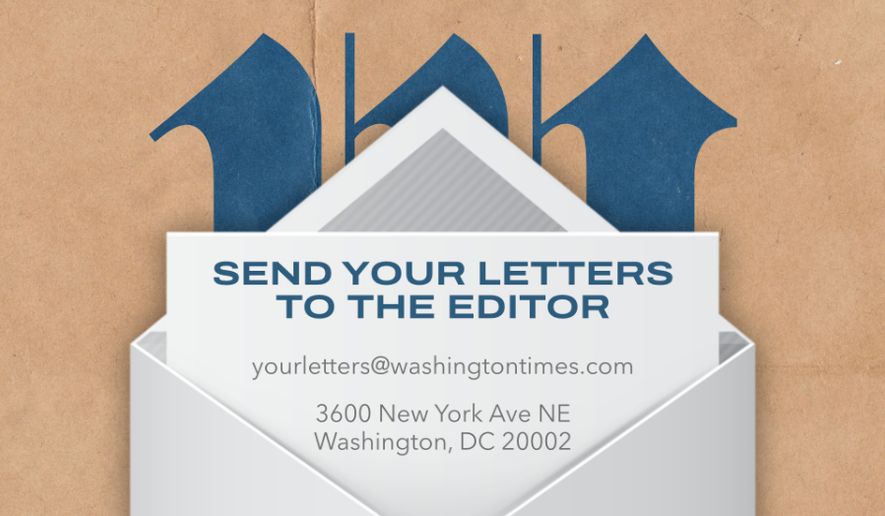OPINION:
Victory Day on May 8 marked 80 years since the end of World War II, symbolizing the defeat of Nazism and fascism and the creation of the “long peace” sustained by the West and the U.S. The unimaginable carnage of world wars I and II reinforced the need to defend the rules-based order maintained primarily by the U.S., the key guardian of democracy, freedom and stability.
As President Trump said, without American involvement, victory would not have been possible in either war. During the second, the U.S. lost 400,000 troops and it played a critical role in D-Day and Hitler’s defeat. The Soviet Union lost 27 million people; Britain lost 384,000 soldiers and 70,000 civilians. No single power alone preserved peace.
The U.S.-led order has been the greatest force for peace and progress. Post-World War II, it established a new system grounded in collective security, rule of law and open markets. For nearly 80 years, no great power war has erupted; conflict deaths have plummeted. Nuclear deterrence, democratic norms and alliances like NATO have prevented war and upheld the longest period of peace among great powers in modern history.
In addition, the number of people living in extreme poverty worldwide dropped substantially. In 1990, more than 1.9 billion people, or 36% of the world’s population, lived under the World Bank’s extreme poverty line. By 2019, that number had fallen to about 650 million, or around 8% of the population.
The Western-led international order has been the first to act in cases of genocide, famine or natural disaster, securing the sanctity of life. From the concept of responsibility to protect to providing non-military humanitarian leadership, the order has sustained basic human principles and sanctity of life.
It has defeated fascism, Communism and terrorism. Thanks to global economic integration under U.S. rules, more than 1 billion people escaped extreme poverty. Global GDP soared, life expectancy rose and democracy spread.
But this order now faces threats. Revisionist powers like China undermine maritime law and global norms, hoping to create a post-American system with no track record in managing peace. Abandoning rule of law risks returning to the anarchic “might is right” world of the early 20th century. History shows what happens when global orders collapse: World Wars I and II were the results.
Defending this order isn’t about resisting change, but preserving core principles. Aggression is unacceptable, laws apply to all and democracy is worth protecting. The cost of maintaining this order is real–but the cost of losing it would be catastrophic. The long peace must not be taken for granted.
COLLINS CHONG YEW KEAT
Foreign Affairs, strategy and security analyst, Universiti Malaya
Kuala Lumpur, Malaysia




Please read our comment policy before commenting.